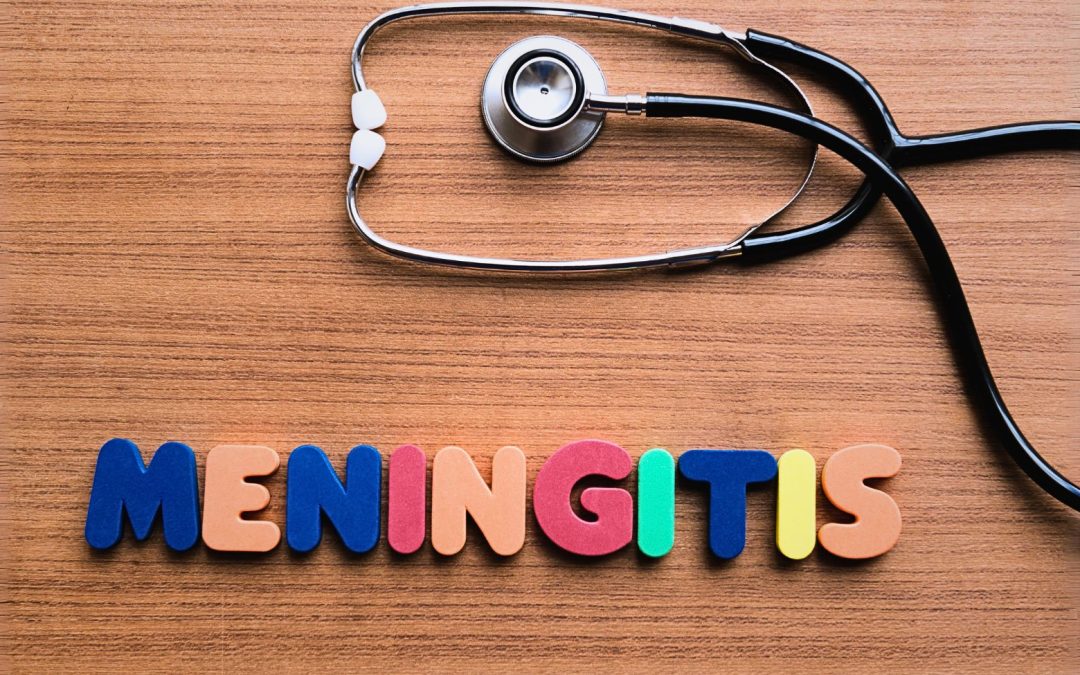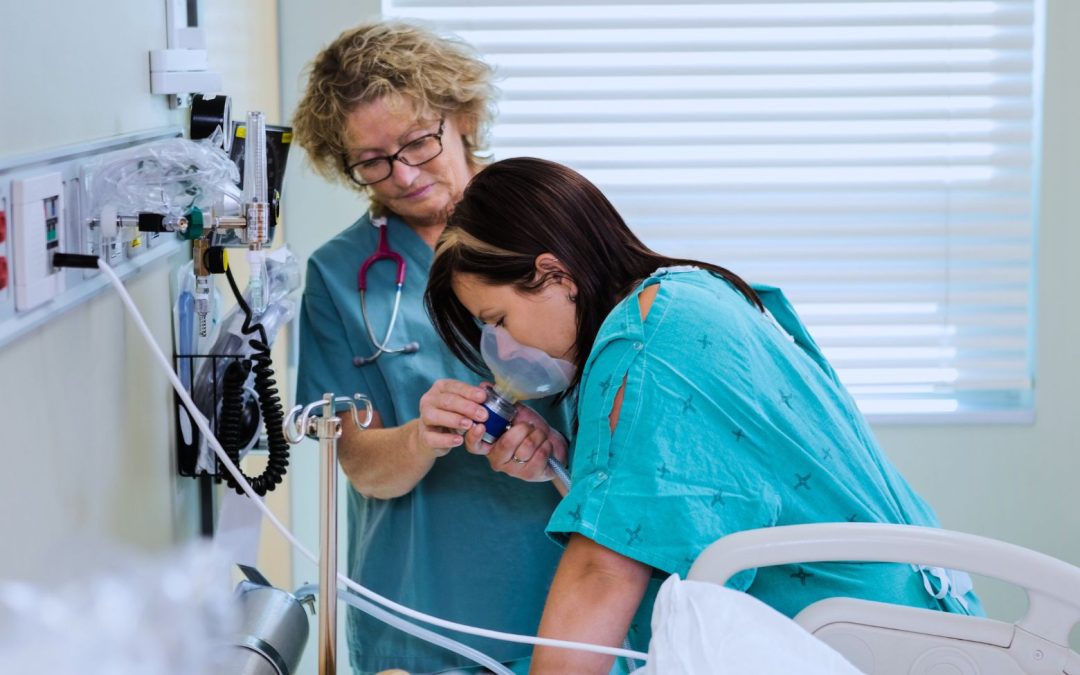Introduction to Hypertension
Over 75 million Americans have hypertension, contributing to increased mortality and disability rates.
Normal blood pressure is systolic pressure lower than 120 mmHg and diastolic pressure lower than 80 mm Hg. However, sometimes it might rise persistently or intermittently to systolic arterial blood pressure above 140 mmHg or diastolic pressure above 90 mm Hg – a condition known as hypertension.
A blood pressure reading of systolic pressure of 120 to 139 mmHg and a diastolic pressure of 80 to 89 mmHg is considered prehypertension.
Stage 1 hypertension is a systolic pressure of 140 to 159 mm Hg and a diastolic pressure of 90 to 99 mm Hg.
Stage 2 hypertension is a systolic pressure of more than 160 mmHg and a diastolic pressure equal to or more than 100 mm Hg.
Hypertension needs to be treated promptly. Otherwise, if left untreated, it can lead to atherosclerosis which increases the workload of the heart, thereby reducing perfusion to vital organs and leading to complications such as:
- Transient ischemic attacks
- Strokes
- Myocardial infarction
- Left ventricular hypertrophy
- Congestive heart failure
- Renal failure
- Damage to the small arteries of the eyes can also lead to blindness










